Restoring a classic car requires a significant investment of time, money, and emotional energy. While many enthusiasts are driven by the joy of finally being able to enjoy their restored vehicle, the process itself can be even more rewarding when it also leads to a financial gain.
It’s important to account for the realistic cost of restoration. For instance, if your classic car shows signs of corrosion or has paintwork issues, car body grenaillage acier (shot blasting) may be necessary. This process effectively strips away paint, rust, and other contaminants from the car’s bare metal, preparing the surface for restoration or repairs by creating a clean, textured base for optimal paint adhesion.
Ultimately, the true satisfaction often comes from the hands-on experience of working on the car. And when that hard work also leads to a financial reward, the entire journey becomes even more gratifying.
Despite the massive growth in value of the classic market as a whole, a classic restoration project still represents good value, if you do your homework and make the right choices. The amount of classic cars on the market is never going to increase; in fact, the classics available now are only going to reduce in number as the years roll on. It is very much a supply and demand market, which helps dictate the price we pay for our classics. Below are some top tips to ensure you increase your chances of being successful and finding the right classic for you.
Make sure you get a return
A restoration project will require a serious commitment of both time, money and emotional energy. While most restorers’ main interest lies in enjoying the vehicle once it is completed, the romanticised aspects of a car restoration are often so much sweeter when accompanied by the bonus of financial gain. It is the satisfaction of working on a car that ultimately brings a lot of reward. But if there is a financial reward as well, then the effort is all that bit sweeter.
Most restorers dream of sunny days spent cruising a nice road. Selling your classic project may well be the furthest from your mind. But a successful and carefully managed restoration can be financially rewarding, which could unlock funds for moving on to a another project.
Not every decision has to based on financial considerations, but having a good general awareness of the market, especially surrounding the marque and model you are interested in, can help you to make some astute decisions. If there is scope for potential appreciation, it is both a reward for your time and effort. Knowing you’ve made a good investment is peace of mind as well.
Research is invaluable
Research no longer means trawling through old editions of classic car magazines. There are loads of forums and groups you can join that are full of threads of others restoration projects. These can provide an invaluable insight into the process others went through, including unforeseen expenses and potential pitfalls. They are also a great place to post questions and make contacts that will help with your restoration. Some companies even sponsor the forums and offer users discounts, such as free shipping or tyres with free fitting. This can save you a huge amount of money.
A lack of replacement parts can bring your project to a complete stop. If the parts are unavailable, you will have to get them made at great cost. Having the right connections can offset this and save you time and money in the long run.
During your research, it is important to check out if there are close-fitting or looking alternative parts to what you need. As well as finding the right garage to help with things like Ford Camblet information, sourcing some of the rarer parts, and even helping you work out your timeline.
Increase your chances of success
If you’re picturing a bare car chassis on jacks in your garage, then it might be worth altering your expectations, especially if this is your first project. While it can be great to build a car from the ground up, the less you have to do the sooner you can start enjoying the vehicle. A car in slightly better condition will require a smaller time commitment and potentially cost less to restore.
Ideally, it’s best to purchase a car that both starts and runs reasonably well. It dramatically reduces the chance of major mechanical expense. A non-starter that has been sitting in a garage for a decade could well have a seized engine that needs a complete rebuild. It might just need a new battery or fuel pump, but you won’t know for sure until you start working on it.
Also it is wise to choose a vehicle with a minimum amount of rust. A completely rust free restoration project will be hard to find. We are talking about classic cars after all. However selecting one with excessive rust can add considerable cost and time to your project, making your dream car uneconomical to repair. A small amount of rust can be managed, but too much and you could be months and months into seemingly endless body work.
Commit to succeed
While the time commitment required to successfully complete a classic car restoration is considerable, the reward at the end can be a feeling of immense satisfaction, financial gain, and countless hours of enjoyment. There is also the pride in knowing that you’ve saved another classic car and preserved it for future generation. And this is a feeling that is hard to beat!

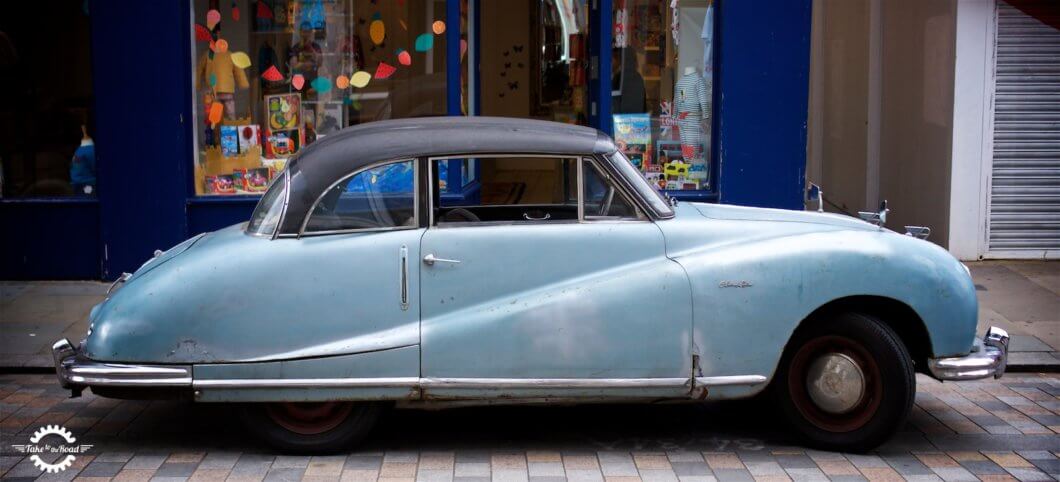
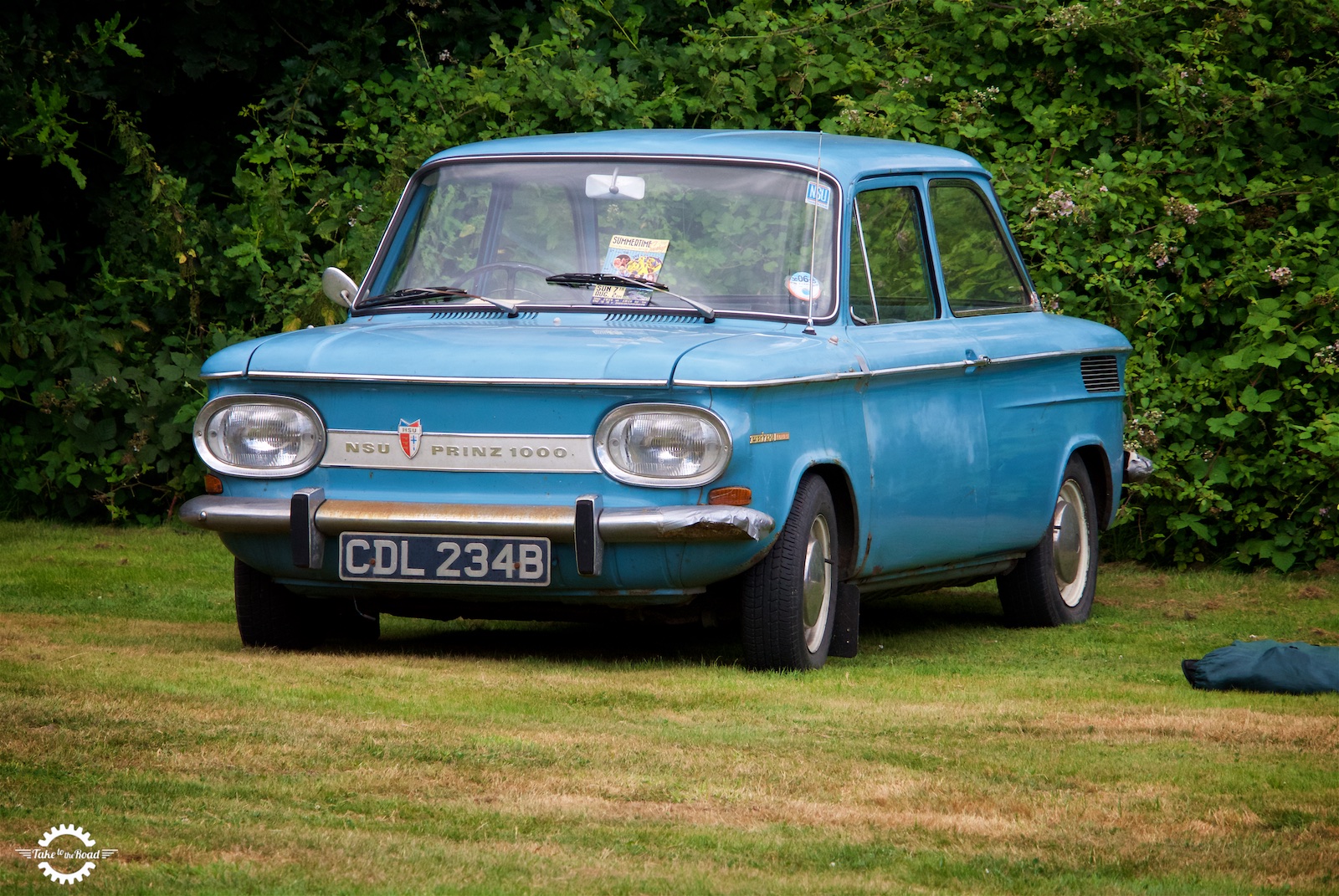
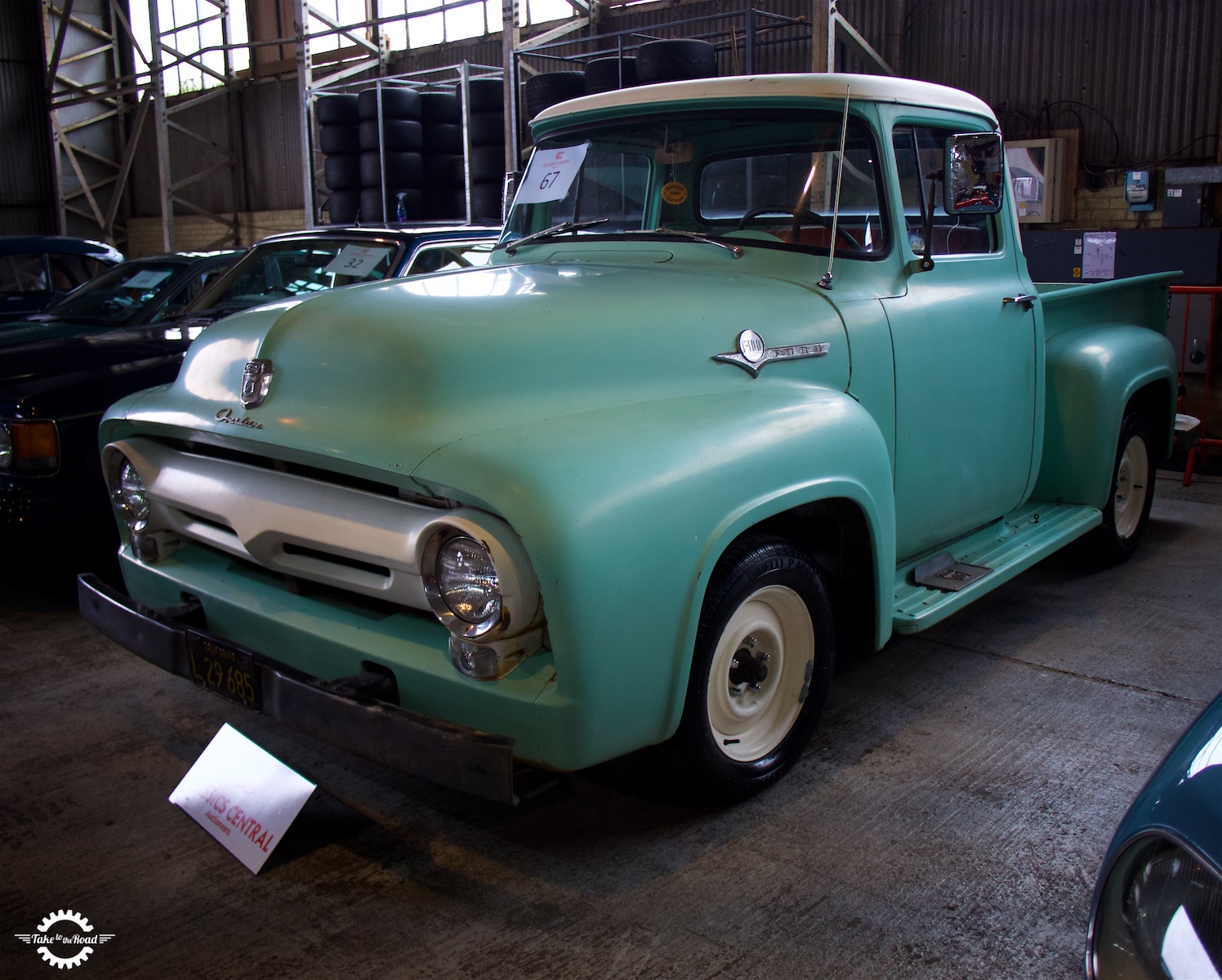
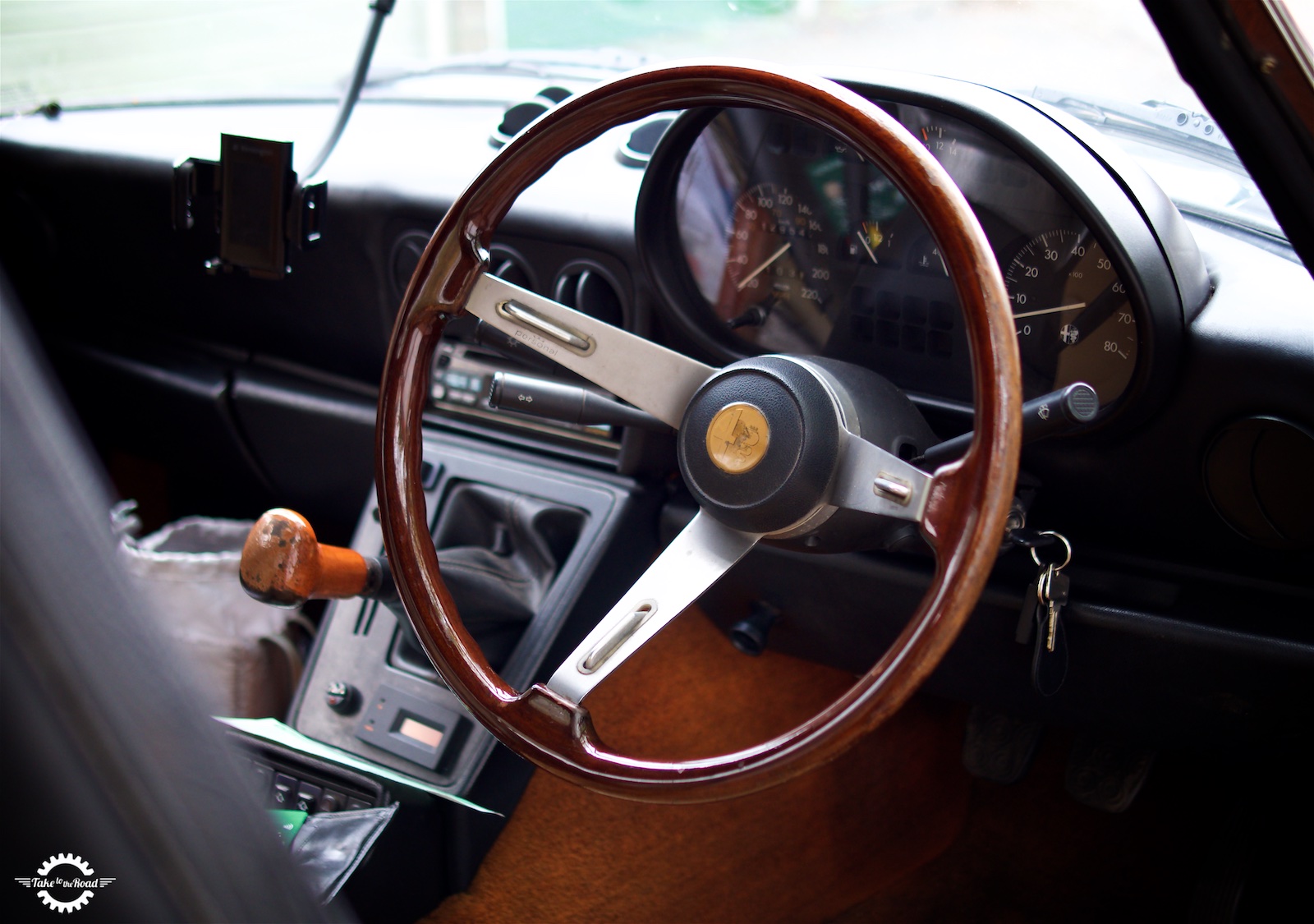
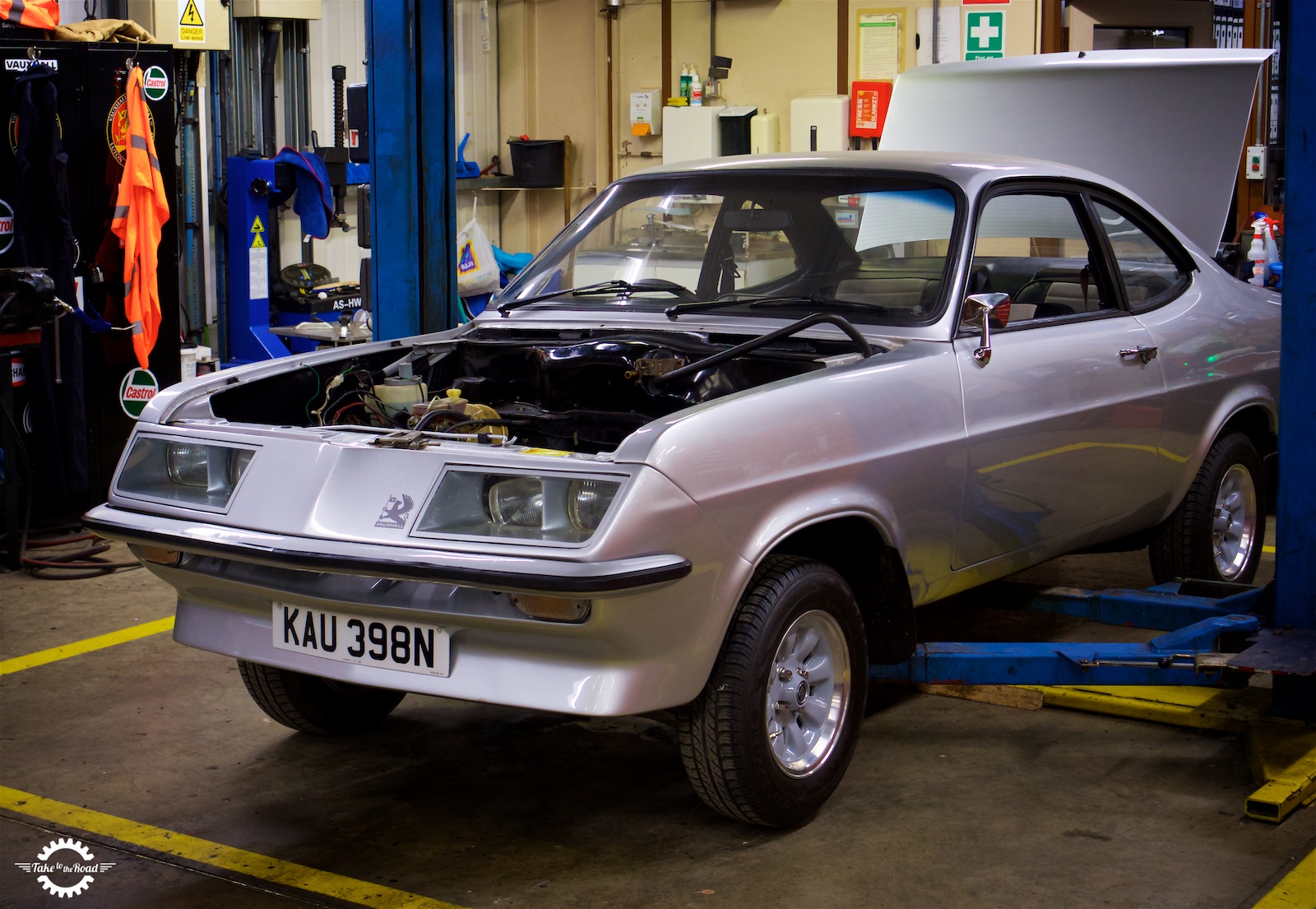

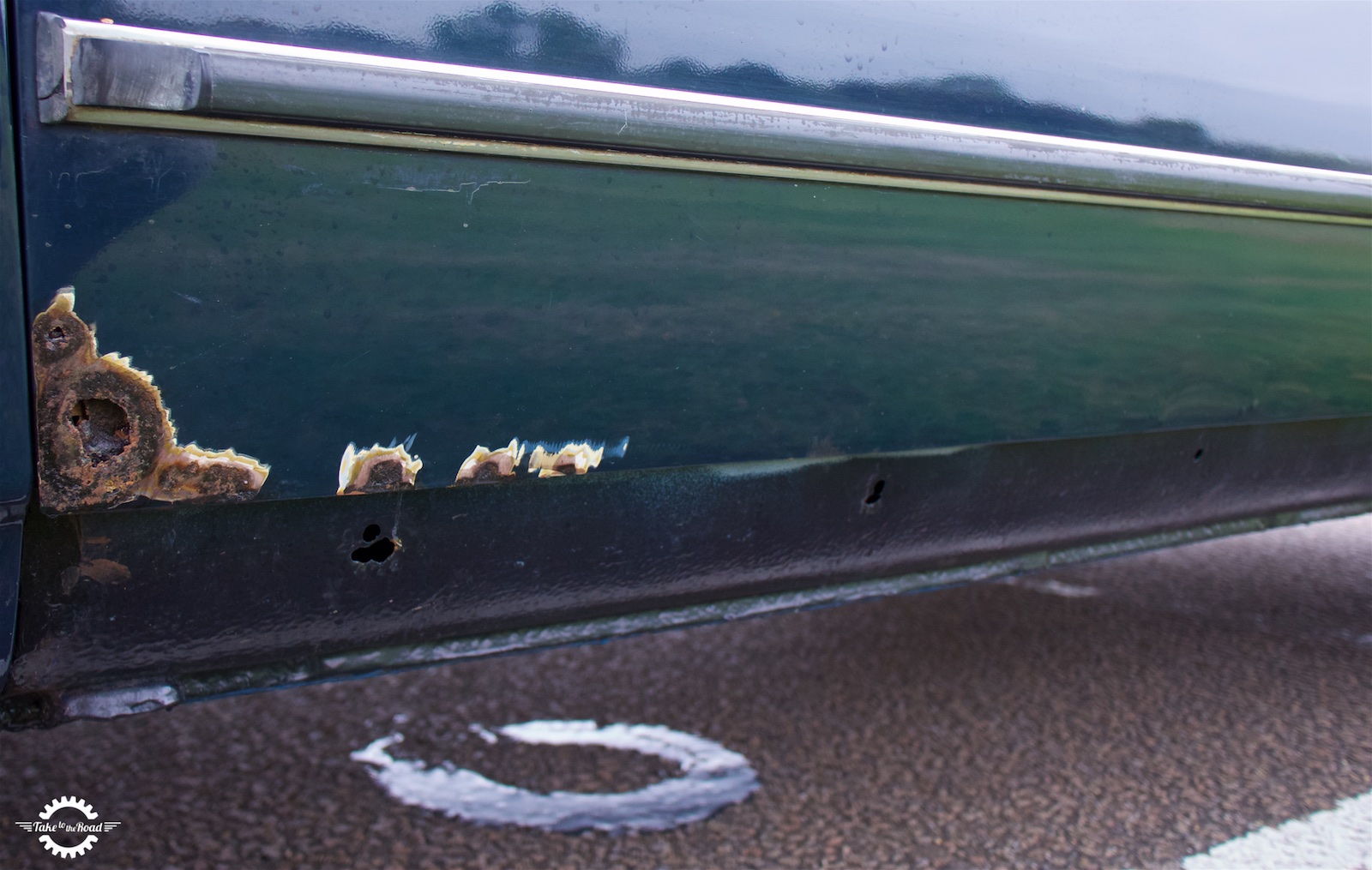
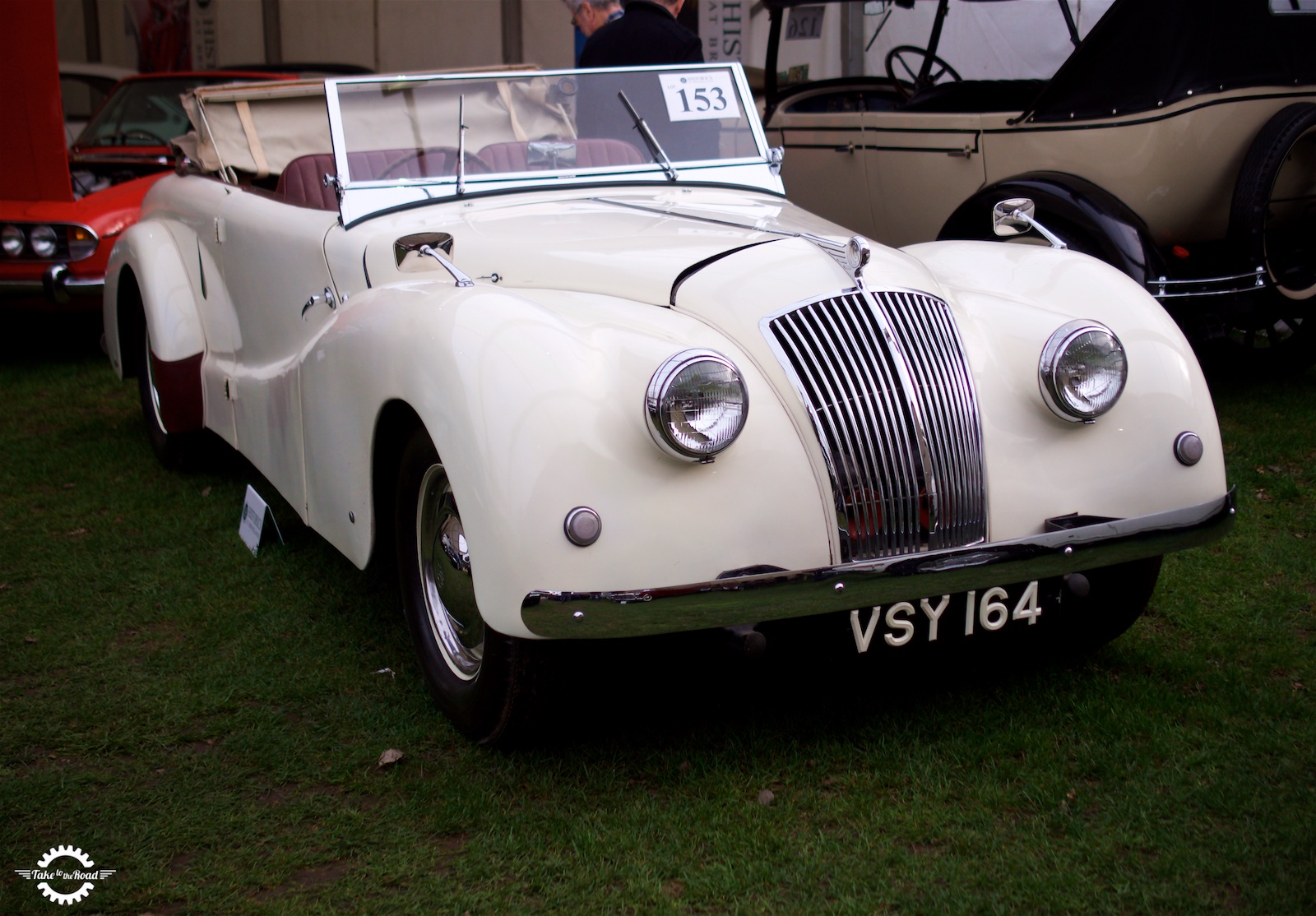
Pingback: Is is ever ok to scrap a classic car?
Pingback: What to do if your classic car breaks down